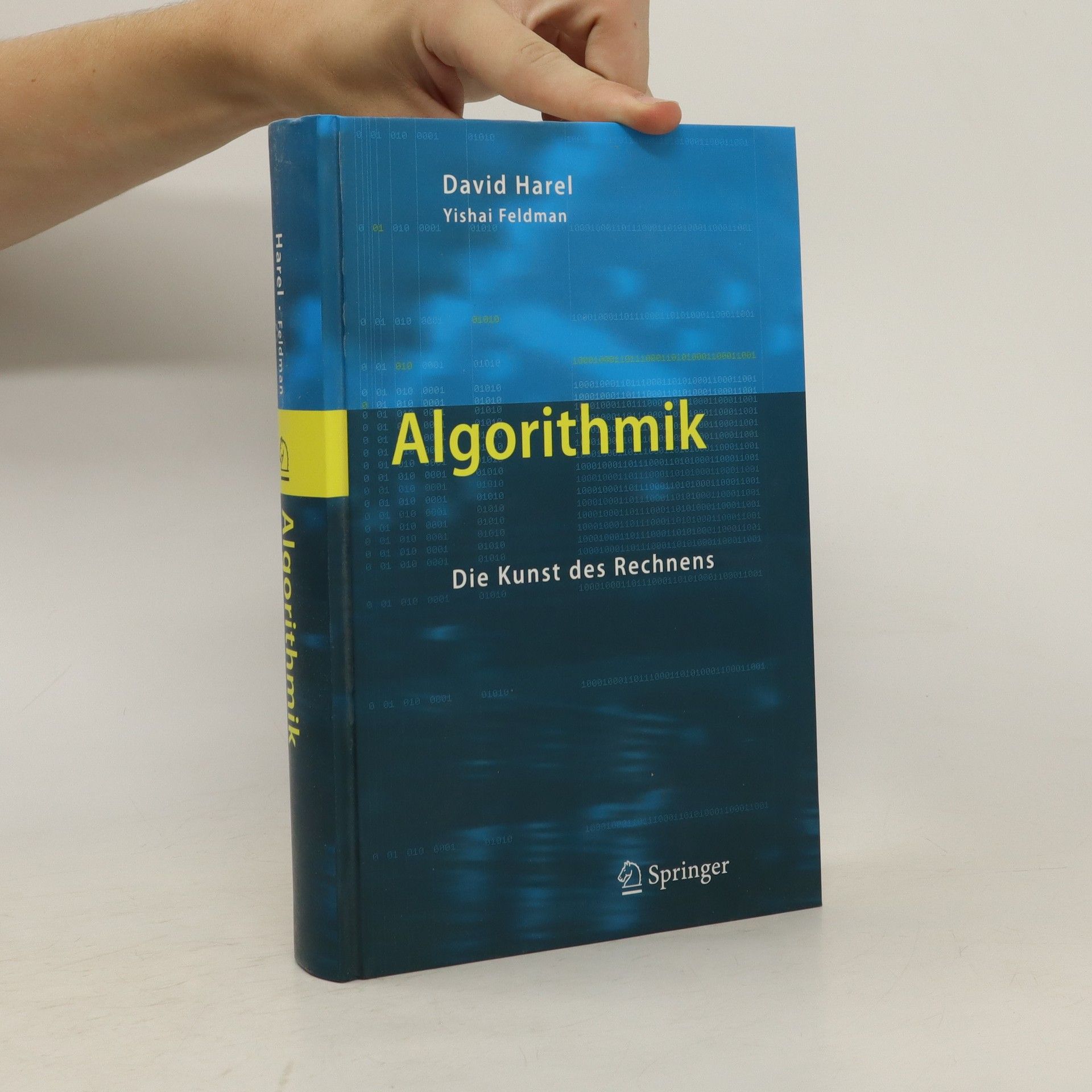Algorithmen sind der Kern der Informatik und der Mathematik, da jede Nutzung eines Computers erst durch Rechenverfahren überhaupt möglich wird. In diesem Buch, das in der englischen Originalausgabe schon lange ein Bestseller ist, gibt der Autor und sein Co-Autor umfassend und didaktisch geschickt Auskunft zu allen Fragen rund um das Thema Algorithmen, so z. B. zu Themen wie Berechenbarkeit, Korrektheit und Effizienz von Algorithmen, zu Programmiertechniken, und auch das aktuelle Thema Quantenrechnen wird behandelt. Das Buch kann als Grundlage eines einsemestrigen Einführungskurses in die Informatik dienen, oder als allgemeine Informatik-Einführung in den Naturwissenschaften, der Mathematik oder im Ingenieurwesen.
David Harel Book order (chronological)
April 12, 1950
